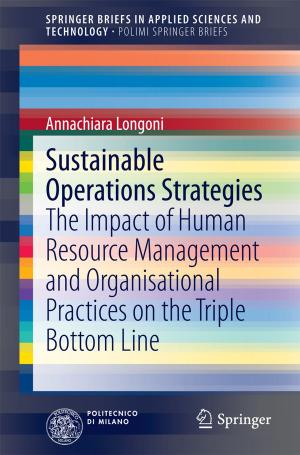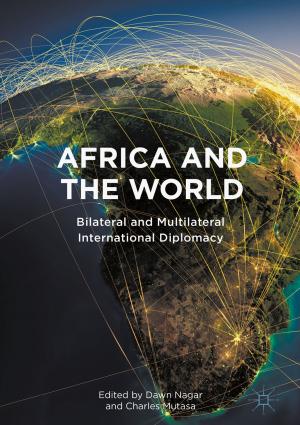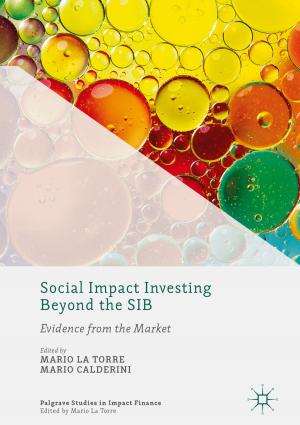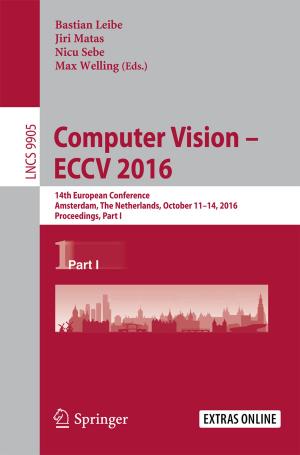Gold Mining and the Discourses of Corporate Social Responsibility in Ghana
Nonfiction, Social & Cultural Studies, Political Science, Politics, Economic Conditions, International, Business & Finance| Author: | Nathan Andrews | ISBN: | 9783319923215 |
| Publisher: | Springer International Publishing | Publication: | December 11, 2018 |
| Imprint: | Palgrave Macmillan | Language: | English |
| Author: | Nathan Andrews |
| ISBN: | 9783319923215 |
| Publisher: | Springer International Publishing |
| Publication: | December 11, 2018 |
| Imprint: | Palgrave Macmillan |
| Language: | English |
This book critically examines the practice and meanings of corporate social responsibility (CSR) and how the movement has facilitated a positive and somewhat unquestioned image of the global corporation. Drawing on extensive fieldwork material collected in Ghanaian communities located around the project sites of Newmont Mining Corporation and Kinross Gold Corporation, the monograph employs critical discourse analysis to accentuate how mining corporations use CSR as a discursive alibi to gain legitimacy and dominance over the social order, while determining their own spheres of responsibility and accountability. Hiding behind such notions as ‘social licence to operate’ and ‘best practice,’ corporations are enacted as entities that are morally conscious and socially responsible. Yet, this enactment is contested in host communities, as explored in chapters that examine corporate citizenship, gendered perspectives, and how global CSR norms institutionalize unaccountability.
This book critically examines the practice and meanings of corporate social responsibility (CSR) and how the movement has facilitated a positive and somewhat unquestioned image of the global corporation. Drawing on extensive fieldwork material collected in Ghanaian communities located around the project sites of Newmont Mining Corporation and Kinross Gold Corporation, the monograph employs critical discourse analysis to accentuate how mining corporations use CSR as a discursive alibi to gain legitimacy and dominance over the social order, while determining their own spheres of responsibility and accountability. Hiding behind such notions as ‘social licence to operate’ and ‘best practice,’ corporations are enacted as entities that are morally conscious and socially responsible. Yet, this enactment is contested in host communities, as explored in chapters that examine corporate citizenship, gendered perspectives, and how global CSR norms institutionalize unaccountability.















